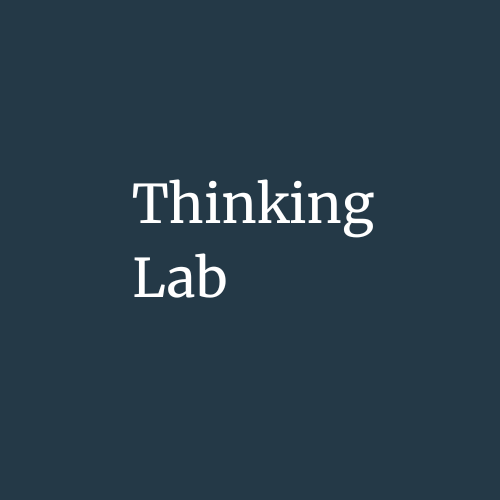The Mega-Prompt Trap: When Perfect Templates Prevent Perfect Thinking
What happens when our quest for the perfect AI prompt makes us forget how to think strategically? A closer look at why sophisticated templates might be making us worse decision-makers, not better ones.

I recently stumbled upon a 2,000-word AI prompt template that promised to revolutionize decision-making. It had 47 variables, 12 conditional statements, and enough structure to make a software engineer weep with joy.
It also completely missed the point of why we need thinking partners in the first place.
The Seduction of the Perfect System
We've all been there. You discover these sophisticated "mega-prompts"—elaborate frameworks that promise to extract brilliance from AI through sheer engineering prowess. They're genuinely impressive, like watching a Swiss watch mechanism through a magnifying glass.
But after years of helping people navigate life's most complex decisions, I've noticed something troubling: The more perfect our prompts become, the less perfect our thinking gets.
Let me share what I mean.
Three Obvious Flaws (And One Hidden Danger)
Flaw #1: The Complexity Trap
When your prompt requires a manual to understand, you've already lost. I watched a friend spend 45 minutes trying to customize a "comprehensive decision-making mega-prompt" for her family situation. By the time she finished filling in all the variables, she was more confused than when she started.
These frameworks have become a new form of code—trading the beautiful simplicity of human conversation for a brittle syntax that exhausts rather than enlightens.
Flaw #2: The Illusion of Control
Mega-prompts give us exquisite control over AI's output format while making us lose control of the discovery process. They're so focused on structuring the answer that they miss the messy, human context where real insights live.
It's like using a GPS that only shows you highways when the best route might be a winding country road.
Flaw #3: The "Robot Voice" Trap
Ever notice how AI responses from mega-prompts sound... artificial? That's because when we talk to AI in rigid, jargon-heavy frameworks, we're essentially speaking "robot." Like adults who talk to babies in baby-talk, we condition AI to respond in kind.
The result? Technically correct responses that feel emotionally hollow—exactly wrong for decisions involving human relationships.
The Fourth Flaw: The One That Changes Everything
But there's a deeper problem with mega-prompts, one that strikes at the heart of why we seek AI partnership in the first place.
The first three flaws affect what AI produces. The fourth flaw affects what humans stop doing.
When we rely on elaborate prompt frameworks, we outsource not just the processing but the thinking itself. We become prompt operators rather than strategic thinkers.
Consider this: The most valuable part of any decision-making process isn't the final answer—it's the journey of understanding you take to get there. It's discovering what you didn't know to ask. It's the "aha" moment when seemingly unrelated pieces suddenly connect.
Mega-prompts skip this journey entirely. They assume you already know:
- Every relevant variable
- Which factors matter most
- How different elements interact
- What questions need asking
But what if you don't?
The Strategic Thinking Alternative
What if, instead of engineering the perfect prompt, we developed the perfect thinking process?
In my work with families facing complex transitions, I've found that the breakthrough moments never come from following a template. They come from:
- Exploring what we don't know we don't know
- Discovering connections we couldn't see before
- Questioning assumptions we didn't realize we held
- Finding clarity through dialogue, not directives
This is the difference between using AI as a sophisticated calculator versus engaging it as a thinking partner.
A Personal Example
Last month, I helped a family navigate their father's cognitive decline. They initially wanted a mega-prompt to "optimize care decisions."
Instead, we started with a simple question: "What does a good day look like for Dad now?"
That single question, explored through natural dialogue with AI, revealed:
- Dad's joy came from feeling useful, not comfortable
- The family's "care" plans were accidentally removing his purpose
- Their rush to "solve" was missing what Dad actually needed
No mega-prompt could have uncovered these insights because no template would have asked about "good days" when focused on "care optimization."
The Path Forward
I'm not against sophisticated prompts—they have their place for specific, well-defined tasks. But when facing life's complex, human-centered decisions, we need something different.
We need approaches that:
- Enhance our thinking rather than replace it
- Discover the questions before rushing to answers
- Honor complexity without adding complication
- Create clarity through exploration, not engineering
Because at the end of the day, the goal isn't to get AI to produce perfect outputs. It's to become better thinkers ourselves.
What's your experience? Have you found mega-prompts helpful or limiting when dealing with truly complex decisions? What approaches help you maintain your role as the strategic thinker rather than the prompt operator?

